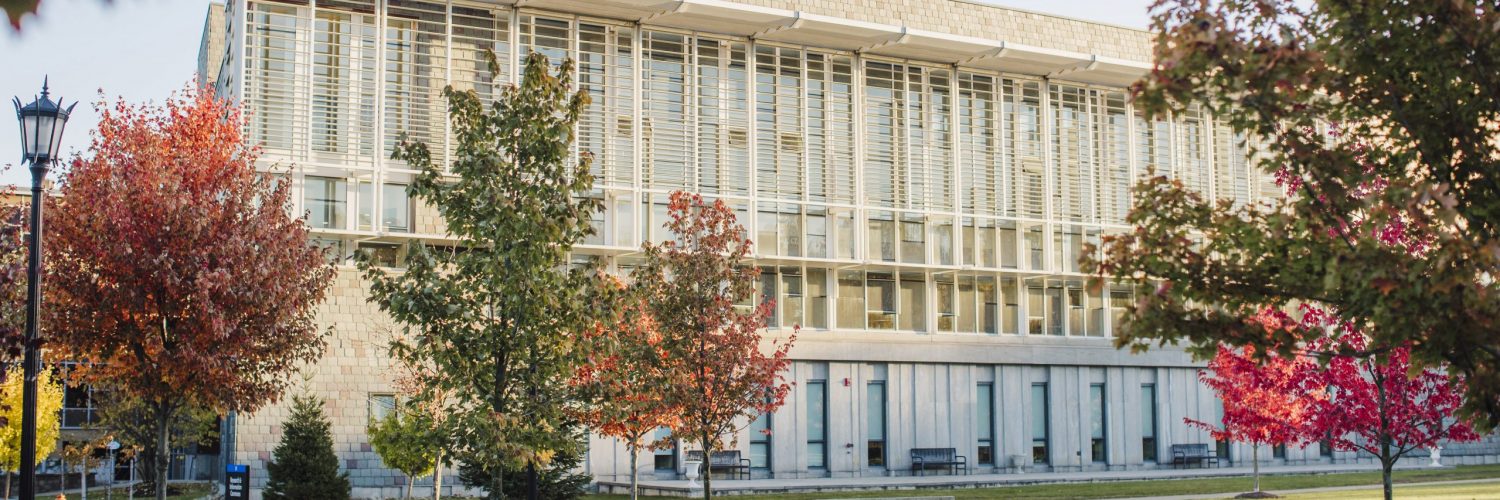Contact Information
- daemen.edu/paralegal
- email: paralegal@daemen.edu
- phone: (716) 839-8284
Program Director
- Jay Wendland, Ph.D., Associate Professor
- email: jwendlan@daemen.edu
- phone: (716) 839-8284
Degree Offered
Certificate
- Paralegal Studies
- Program Delivery: Offered in online and in-person format
Accreditation Information
Daemen offers the only American Bar Association (ABA)-approved Paralegal Studies program in Western New York for both the Bachelor of Science (B.S.) degree and Certificate in Paralegal Studies. You can find Paralegal ABA-approval information in our catalog.
Mission Statement and Learning Objectives
PROGRAM MISSION STATEMENT
The mission of the Paralegal Studies Program is to prepare highly competent and ethical practitioners, with a clear understanding of the appropriate boundaries of their roles and responsibilities assisting attorneys in the provision of legal services. The program will integrate a strong liberal arts background with the professional skills needed for contemporary practice. This will include critical thinking skills, organizational skills, research and writing skills, oral communication skills, skilled use of electronic media, and the cultural competency to meet the needs of diverse clients. The professional component of the program will emphasize the development of general legal practice skills and appropriate professional and ethical behaviors needed to balance the needs of clients with maintaining the integrity of the legal system. Graduates of this program will be prepared to act as productive members of the legal community, facilitating the efficient delivery of high quality legal services.
STUDENT LEARNING OBJECTIVES
A graduate of the bachelor’s or certificate program in paralegal studies will be able to perform the following under the supervision of an attorney:
- Competently and efficiently conduct legal and factual research (including investigation and interviewing skills), using multiple forms of media.
- Effectively communicate in a culturally competent manner, using various forms of communication media, with the supervising attorney, clients, and other members of the legal system.
- Recognize the boundaries of paralegal practice and exhibit ethical and professional behavior at all times.
- The ability to critically analyze factual and legal problems and to present this analysis in a professional manner, both orally and in writing.
*Paralegals assist attorneys in legal research, writing, and case investigation. Paralegals cannot provide legal advice to the public except as authorized by law.
